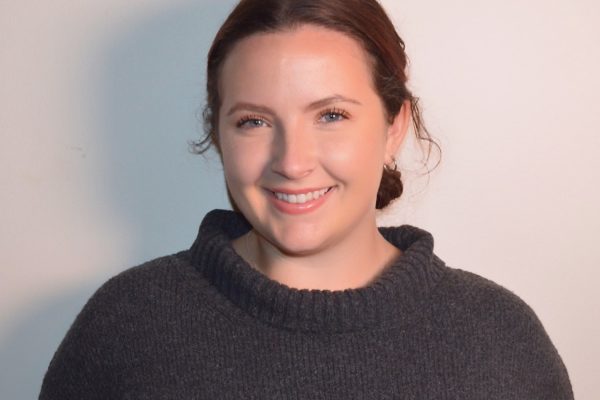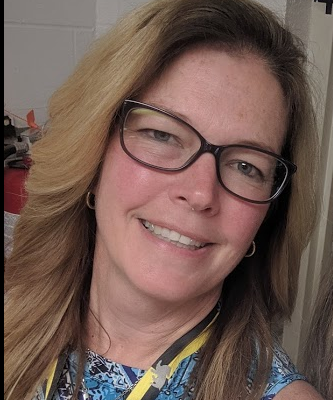The following article is reposted with permission by Joshua Ray
Original post July 29, 2019
This July I was fortunate enough to have participated in the 2019 BLC (Building Learning Communities) education conference put on by Alan November himself. Our team of five (4 teachers and our head of schools) flew to Boston and experienced the passion for learning and desire to innovate teaching practices first hand.
While I assumed that the learning from amazing leaders such as November, Tolisano, Kirr, and Krause, to name a few, was a given… I was most surprised by the strength of our own #Fab 5 team that I was a part of. It was our head of school, Jon Mitzmacher, who shared that we ourselves should be both validated by how far we have come as professionals and inspired by the talks we were engaging in. Some of the most meaningful takeaways from the conference came from our ongoing hilarious group chat, the sharing of information from seminars, quality of thought and discussion, comradery, and the organized way in which we divided up our seminar attendance to bring back the most to our school. We were not just flies on the wall, or overwhelmed by the topics and materials discussed… we questioned, supported, and very much engaged in conversations amongst ourselves, teachers from around the world, and presenters alike. We made real connections with a variety of educators and took on leadership roles when the opportunity was presented. I can confidently say that OJCS represented itself very well, and I am proud to have been a part of that team.

That’s me, reading an excerpt in the voice of J. Peterman, as part of Caitlin Krause’s seminar on storytelling and mindfulness. Definitely out of my comfort zone and in the learning zone but made easier by the awesome support of my colleague Brian Kom.
A main idea that I will be thinking about when teaching and learning this year is how we should be having students build on their skills as problem designers instead of just problem solvers and finders. I love this idea, and it seems like a perfect fit for the direction I am moving my Science classes towards. It is true that as teachers, we are becoming curriculum designers ourselves as we navigate the inclusion of technology into our pedagogy without a clear outline from anywhere really. The creativity and level of thought required to interweave meaningful, fun and 21st century learning is a skill that teachers are developing through experience and should be transferred to students as early as possible.
I also love the idea of positioning failure as a positive. We learn from our failures, and it is the blueprint for any success. There are so many examples of this, but failure is hard, especially for students and the idea to build it into learning activities and as a mind shift for future generations makes too much sense for me to avoid. I will definitely be designing projects that build up student resilience through failure. The Polyup app that was created by a 19 year old gifted mathematician, who admitted that even he had a difficult time with failure growing up, is a perfect example of why learning from failure is such a powerful tool for any learner and promotes the creative risk taking we are trying to instil in our students.
Needless to say, I wholeheartedly believe that schools should be sending teams, not just individuals, to quality conferences like the November learning BLC that I attended last week. I hope the OJCS continues this tradition so my colleagues can experience the same inspiration and validation that our cohort experienced. We are better for it individually, which means, our school and our students will also gain from it.
Josh Ray is from Ottawa and teaches Science in Grades 6-8 and Phys. Ed. for Grades 2-8 at the Ottawa Jewish Community School, Ottawa, Canada
 Print this post
Print this post



